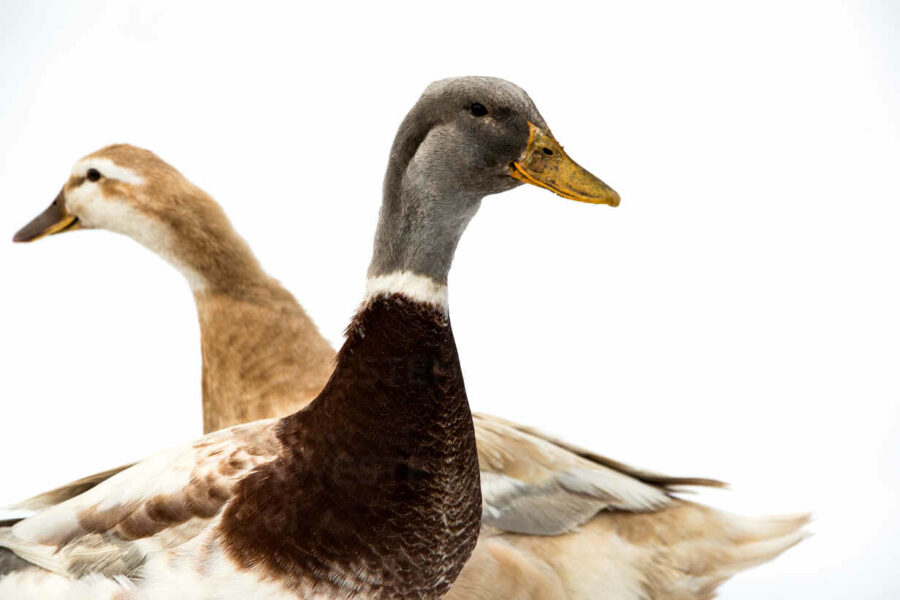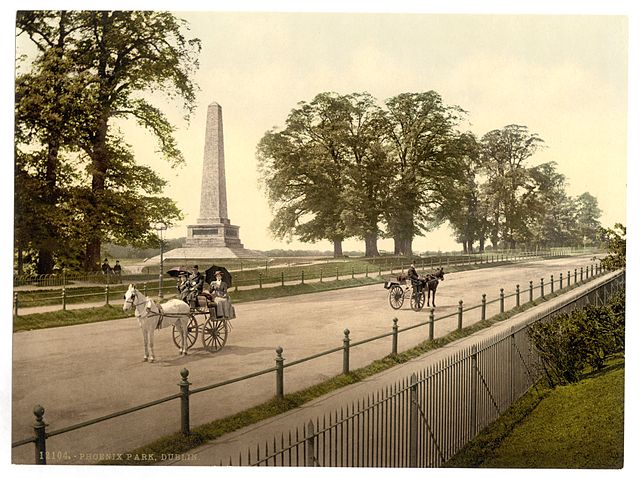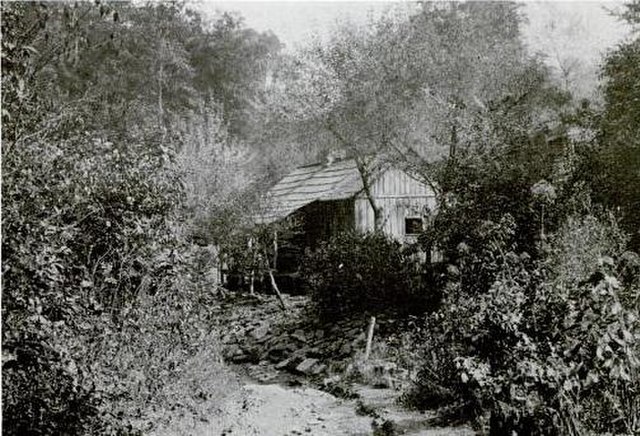Acts of cannibalism offer one of the most profound challenges to human identity.
Continue readingA Sociology of Childless Cat Ladies
Sexism in Animal Advocacy: The Case of Foie Gras
Foie gras victims are usually male, and both women and men are involved in victimizing them as producers and as consumers, but, because patriarchal, woman-hating culture is most accustomed to viewing women as frivilous consumers and sexy victims of violence, the Nonhuman Animal rights movement regularly employs female activists to take on these convoluted roles in protest.
Continue readingHuman/Nonhuman Urban Ecology in Modernizing Ireland
Adelman considers how the control of other animals might be used to facilitate public order not just physically, but also ideologically. “Kindness to animals became a mark of civilization,” she notes (p. 26).
Continue readingAdvancing Veganism in a “Post-Vegan Society”: A Review of Veganism: Politics, Practice, and Theory
Veganism’s strength lies in its deep contemplation of complicated issues drawing on sociological theory and qualitative research.
Continue readingAnimalizing Appalachia: A Critical Animal Studies Analysis of Early Sociological Surveys of Southern Appalachia
Critical animal studies acknowledges the role that science has played in constructing and legitimizing categories of difference, particularly that related to species distinctions, evolutionarily ideas about group inferiority and superiority, and the goal of social development. As such, my research explores how sociological research has traditionally animalized its Appalachian subjects and used this animalization as an explanation or rationale for inequality.
Continue readingWhy are Environmentalists and Animal Activists at an Empasse?
More and more, however, the science of climate change is now demonstrating that animal products are a leading cause of environmental degradation, a body of evidence that is becoming difficult to ignore. However, the ideological shift that is needed–seeing animals not as objectified climate-destroying consumables, but as a marginalized group whose oppression is actually foundational to the degradation of the earth–still lacks. Until we start to see animals as persons and reject hierarchies of domination, the two movements will never fully align.
Continue readingWhy Vegan Sociology?
Vegan sociology argues that Nonhuman Animals are persons in their own right, their oppression is worthy of academic attention, and their oppression deeply intersects with the oppression of other marginalized groups such as women, people of color, and lower-class persons.
Continue reading


